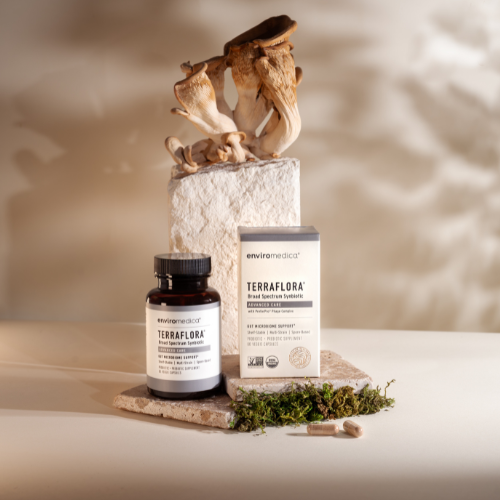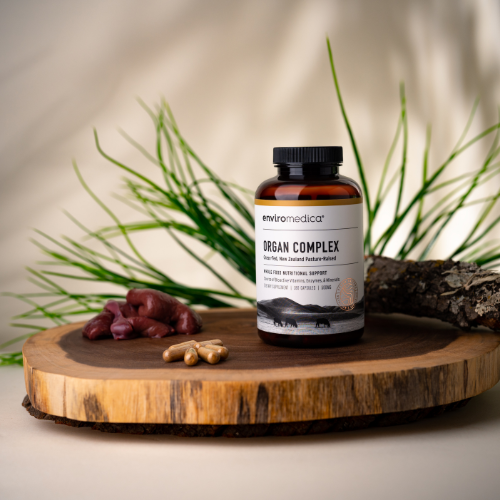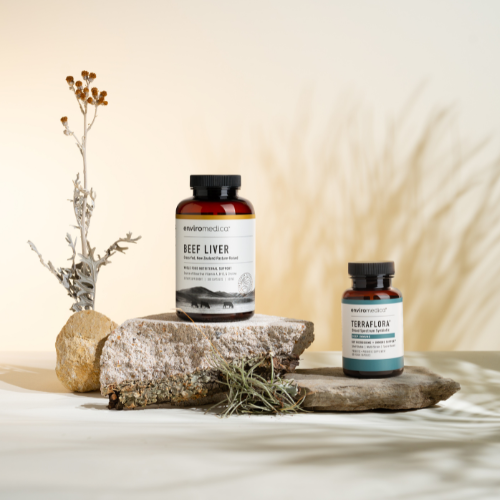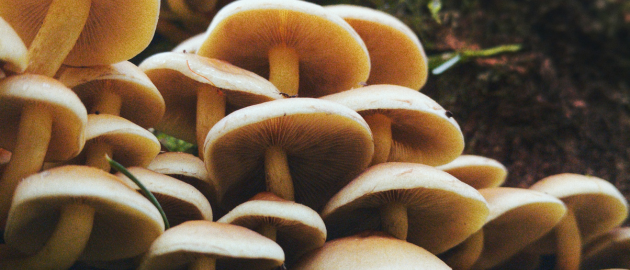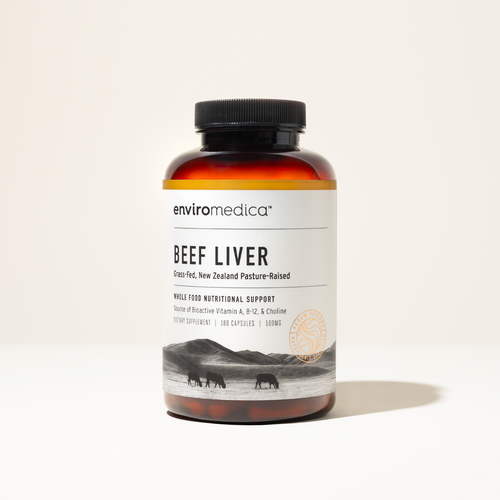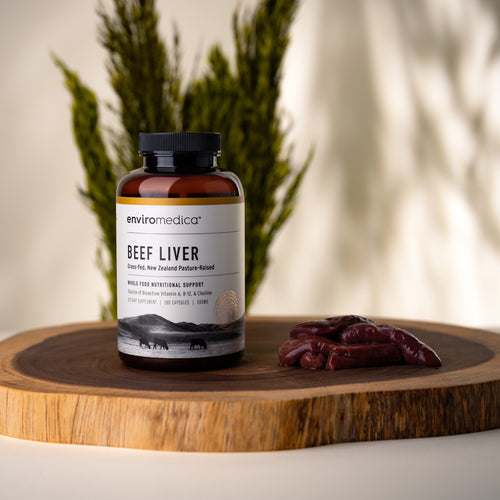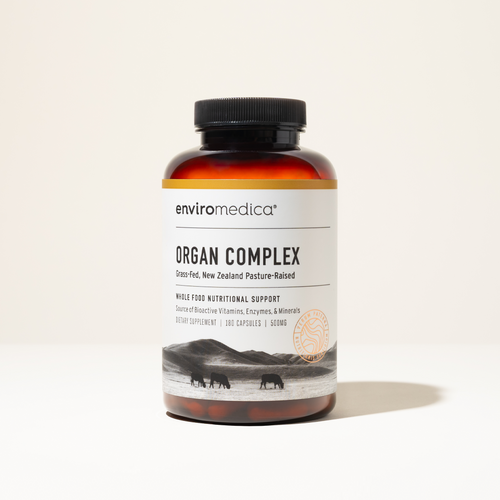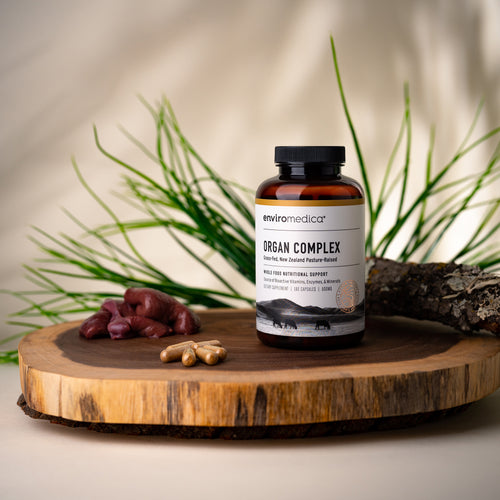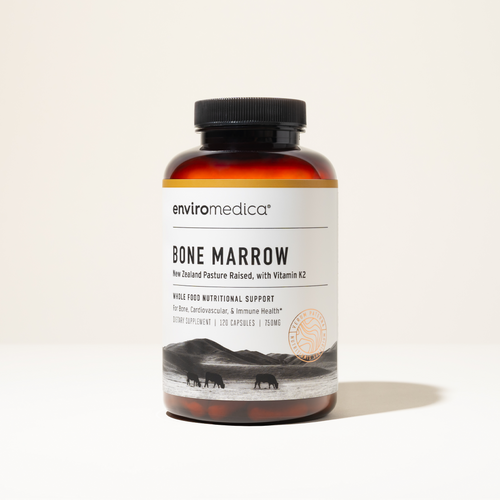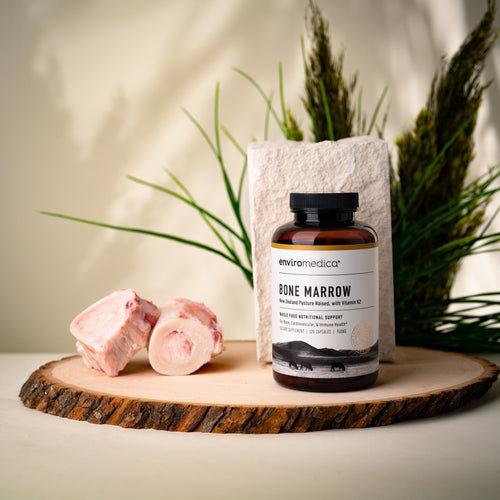Rediscovering nature's multivitamin
In the quest for optimal health, our ancestors instinctively understood the value of consuming the whole animal. Organ meats, often referred to as "nature's multivitamin," were prized for their nutrient density, offering a wealth of benefits that modern diets often lack. Among their many virtues, organ meats play a vital role in supporting heart health.
Nutritional powerhouses for your heart
Organ meats like liver, heart, and kidney are packed with essential nutrients that promote cardiovascular wellness:
-
Coenzyme Q10 (CoQ10): Found abundantly in heart tissue, CoQ10 is a powerful antioxidant that supports energy production in cells and protects against oxidative damage—key for maintaining a healthy heart.1
-
B Vitamins: Liver, in particular, is a rich source of B vitamins, including B12 and folate. These nutrients help regulate homocysteine levels, a marker linked to cardiovascular risk when elevated.2
-
Iron: Heme iron from organ meats is highly bioavailable, ensuring efficient oxygen transport in the blood and reducing strain on the heart.3
- Healthy Fats: Certain organ meats provide essential fatty acids that support healthy cholesterol levels and overall heart function.4
A return to ancestral wisdom
Incorporating organ meats into your diet is a simple yet powerful way to honor ancestral eating patterns and nourish your heart. Whether enjoyed as part of a traditional stew, pâté, or supplement, these nutrient-dense foods are a direct link to the evolutionary practices that kept our forebears thriving.5
Our ancestors intuitively consumed wild, nutrient-dense foods, honey, and fermented products, all of which contributed to a healthy microbiome and mycobiome. By embracing this approach today, we can re-establish the balance our bodies crave, as supported by research linking lifestyle changes to improved microbiome health.
Tips for incorporation
For those new to organ meats, start small. Add a bit of grass-fed liver to ground beef, explore recipes for heart-based stews, or consider high-quality freeze-dried organ supplements for convenience. Prioritizing pasture-raised sources ensures you're reaping the full spectrum of benefits while aligning with sustainable and ethical practices.
In embracing these ancestral foods, you not only support your heart but also reconnect with a time-honored approach to nourishment—one that respects the symbiotic relationship between humans and nature.
References
-
1. Calder, P. C. (2015).
Functional roles of fatty acids and their effects on human health. Journal of Parenteral and Enteral Nutrition, 39(1_suppl), 18S-32S.
https://doi.org/10.1177/0148607115595980 -
2. Cordain, L., Eaton, S. B., Sebastian, A., et al. (2005).
Origins and evolution of the Western diet: health implications for the 21st century. American Journal of Clinical Nutrition, 81(2), 341-354.
https://doi.org/10.1093/ajcn.81.2.341 -
3. Ganz, T. (2012).
Systemic iron homeostasis. Physiological Reviews, 93(4), 1721-1741.
https://doi.org/10.1152/physrev.00008.2013 -
4. Langsjoen, P. H., & Langsjoen, A. M. (2014).
The clinical use of coenzyme Q10 in cardiovascular diseases. Current Heart Failure Reports, 11(2), 145-151.
https://doi.org/10.1007/s11897-014-0198-4 -
5. Smith, A. D., Refsum, H., & Homocysteine and B Vitamins Collaborative Group. (2016).
Homocysteine, B vitamins, and cognitive impairment. Annual Review of Nutrition, 36, 211-239.
https://doi.org/10.1146/annurev-nutr-071715-050947
